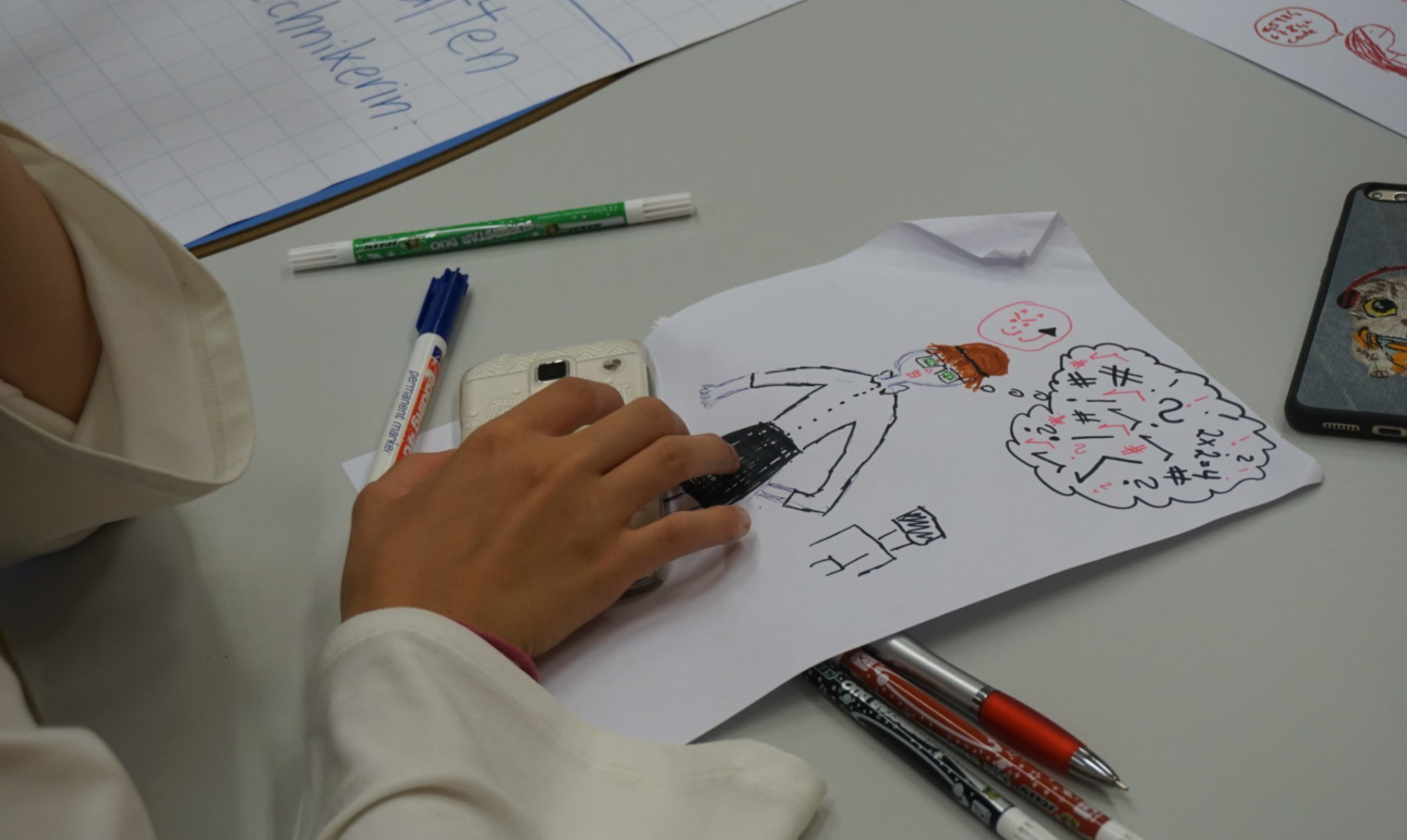ACM Reference Format: Bernadette Spieler, Ferenc Kemény, Karin Landerl, Bernd Binder,
and Wolfgang Slany. 2020. The Learning Value of Game Design
Activities: Association between Computational Thinking and Cognitive
Skills. In Workshop in Primary and Secondary Computing
Education (WiPSCE ’20), October 28–30, 2020, Virtual Event, Germany.
ACM, New York, NY, USA, 5 pages. https://doi.org/10.1145/
3421590.3421607
Bernadette Spieler
bernadette.spieler@imai.unihildesheim. de
Institute of Mathematics and Applied Informatics, University of Hildesheim
Ferenc Kemény, Karin Landerl, Bernd Binder
ferenc.kemeny@uni-graz.at
karin.landerl@uni-graz.at
bernd.binder@uni-graz.at
Institute of Psychology, University of Graz
Wolfgang Slany
wolfgang.slany@tu-graz.at
Institute of Software Technology, Graz University of Technology
ABSTRACT:
Game design activities support young people to acquire Computational Thinking (CT) skills in an entertaining way. While the importance of CT is increasing, we still lack empirical data on how cognitive functions support learning to program.
The current study is a step towards bridging this gap. We tested 48 participants aged 10-15 during summer courses to see how programming skills are associated with cognitive processes. Descriptive statistics of gaming and design elements of the participants’ final projects were correlated with measures of working memory, creativity, and arithmetic. Results show that different concepts of CT applied in games were associated with separate cognitive measures. The number of design elements (shape and structure of the game, sound, visual design) correlated with both working memory and arithmetic skills; the number of game elements (interactivity, mechanics, dynamics, aesthetics) correlated with creativity; whereas the complexity of the project was only predicted by age. The overall evaluation of the project was associated with age and arithmetic skills. Since the different concepts of CT were predicted by different cognitive skills, the current study provides empirical evidence that CT is not a single homogenous skill, but a set of subskills, with each part loading on different cognitive functions.
CCS CONCEPTS
• Social and professional topics→Computational thinking.
KEYWORDS
game design strategies, computational thinking skills, arithmetic
skills, creativity, working memory
